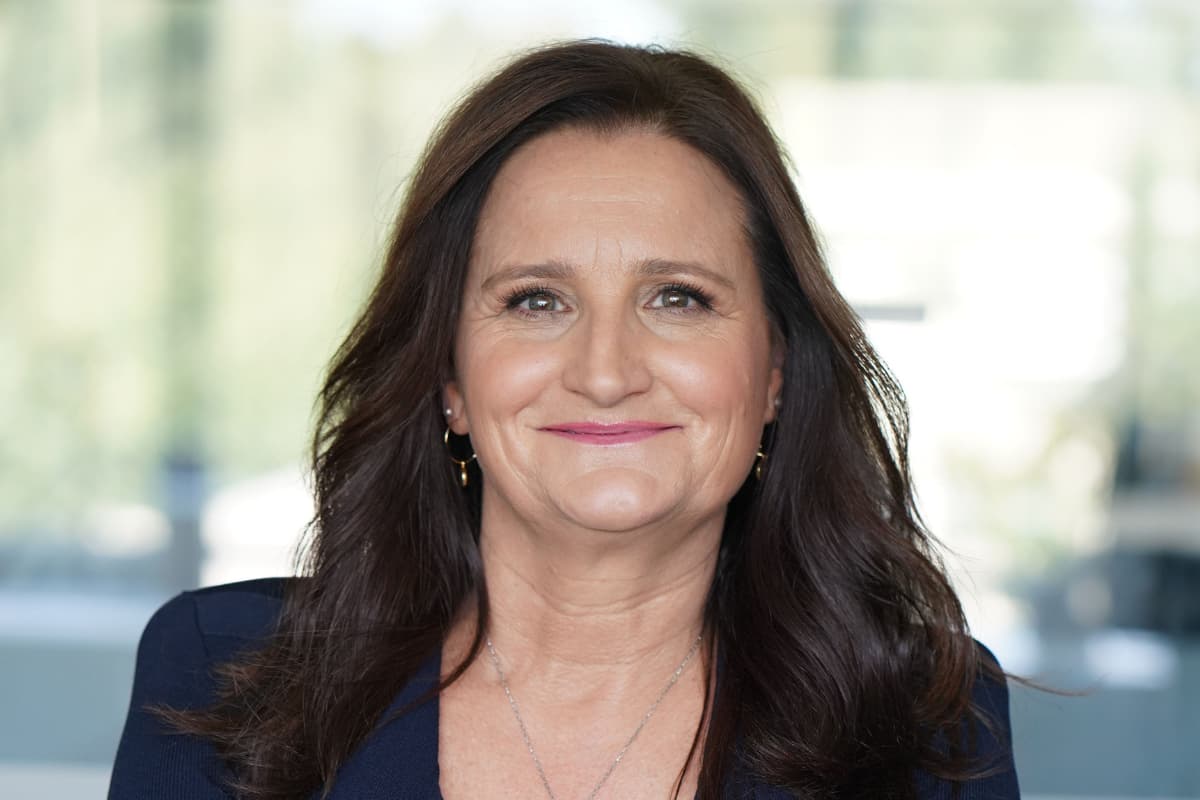
Innovative MedTech Demands Specialist Clinical Trial Regulatory Affairs and Design
Avance Clinical is the Australian CRO for international biotechs providing world-class clinical research services with FDA-accepted data across all phases. With Avance Clinical, biotech companies can leverage Australia’s supportive clinical trials environment which includes no IND requirement plus a 43.5% Government incentive rebate on clinical spend. The CRO has been delivering clinical drug development services for international biotechs for FDA and EMA regulatory approval for the past 24 years. The company has been recognized for the past two consecutive years with the prestigious Frost & Sullivan CRO Best Practices Award and a finalist in Informa Pharma’s Best CRO award for 2022.
MedTech Opportunities for Remote Health Management and Monitoring
As technology becomes increasingly ubiquitous in our lives, the demand for remote or home-based MedTech for real-time condition detection, monitoring or management presents vast market opportunities. This paradigm shift is precipitating the increased development of easy-to-use medical devices (including software as a medical device), for the diagnosis, treatment and management of lifestyle and chronic diseases.
Innovative MedTech covers everything from physical devices, artificial intelligence (AI) and machine learning and digital healthcare, including biosensors in wearables like a watch, to a skin patch, or ingested or implanted devices. It includes monitors that release medications, to more advanced products like implanted neurostimulators, through mobile phone apps that can diagnose a COVID cough or analyze speech to predict neurodegenerative diseases.
It can also include our everyday medical devices such as dentures, surgical equipment, 3D printing, robotic surgery, laser surgery, artificial organs, pacemakers, inhalers, and stents.
“The global medical devices market size has been valued at USD 488.98 billion in 2021 and is projected to grow to USD 718.92 billion by 2029.” Fortune Business Insights

All of the news, delivered with full-text to your inbox. For professionals discovering, developing, and marketing biopharmaceutical drugs.
Is This a MedTech Boom?
Avance Clinical is experiencing a significant increase in the number of MedTech/medical device companies seeking to conduct their trials in Australia. This is partly due to the economic pressures across the biotech sector which is encouraging biotechs to look at more financially attractive locations that still offer clinical and data excellence. In addition, an aging population and the COVID-19 remote living push has encouraged digital health innovation, management and care demand and acceptance that supports MedTech applications.
Avance Clinical is currently considering several programs ranging from an injectable protein-based biomatrix to improve surgical procedures, to a wearable bionic vision device with everything in between from diagnostic machine learning algorithms to self-test in vitro devices for communicable disease infection detection.

“Based on the level of activity we are seeing it certainly suggests we are in a MedTech growth period and that Australia is an attractive destination for these biotechs. Importantly our MedTech regulatory standards are recognized in their entirety by the FDA and EMA and other major jurisdictions, providing confidence in the acceptability of clinical trial data obtained from medical device trials conducted in Australia.” Avance Clinical CEO Yvonne Lungershausen
What Is MedTech?
- Medical Devices
- In-Vitro Diagnostics
- Digital Health
“An article, instrument, apparatus or machine that is used in the prevention, diagnosis or treatment of illness or disease, or for detecting, measuring, restoring, correcting or modifying the structure or function of the body for some health purpose”. The World Health Organization
MedTech Regulatory Process in Australia
The projected increase in the market size for medical devices is driving considerable research and development interest which is underpinned by electronic technology innovation and increasing medical need.
Medical device clinical trials are evaluations or investigations undertaken to assess the performance and/or the safety parameters of a medical device in relation to its proposed use for the treatment, prevention or diagnosis of diseases. In Australia, the clinical trial development pathway, enabling regulatory approval for medical device products, differs compared to that of drug products.
Medical device clinical development to gain regulatory approval usually comprises two main stages:
- Exploratory/feasibility trials – conducted in the early stages of clinical development, aimed at demonstrating preliminary safety and effectiveness;
- Pivotal trials – their main objective is to demonstrate the safety and effectiveness of the device in relation to its specific use within the target patient population. The results obtained from a pivotal study are used to gain regulatory approval to market the device.

“As soon as we get a request from a MedTech or biotech company we bring in our scientific and regulatory team for a briefing session with the company on regulatory processes and how Australia is aligned with the US FDA. Further, we work together to develop an execution strategy to ensure the company’s clinical development milestones are met.” Avance Clinical’s Head of Business Development, Liahna Toy
Regulatory Environment and Global Acceptance
Although the conduct and governance of medical device clinical trials are not globally harmonized in the same way as clinical trials of small molecule and biotechnology-derived medicinal products, there is a broad recognition of International Organization for Standardization (ISO) standards in most jurisdictions.
“Today, digital health impacts more than a billion lives, and estimates show that digital health in Asia could collectively create up to $100 billion in value by 2025.” McKinsey & Company
The governing body in Australia, the Therapeutic Goods Administration (TGA) administrates the Australian regulatory guidelines for medical devices (ARGMD) which provides information on import, export, and supply of medical devices in Australia and explains the legislative requirements that govern medical devices.
Medical device clinical investigations in Australia are required to comply with the International Council for Harmonisation (ICH) Guideline for Good Clinical Practice and ISO 14155:2020 Clinical Investigation of Medical Devices for Human Subjects – Good clinical practice.
The TGA also relies on other supporting ISO standards for the risk management (ISO 14971:2019) and quality management (ISO 13485:2016) of medical devices.
These standards are recognized in their entirety by the FDA and EMA and in other major jurisdictions, providing confidence in the utility of clinical trial data obtained from medical device trials conducted in Australia.